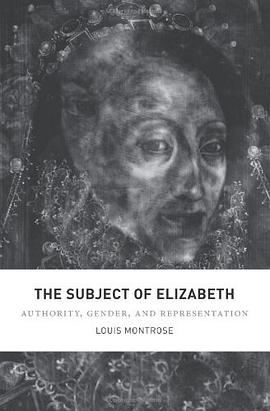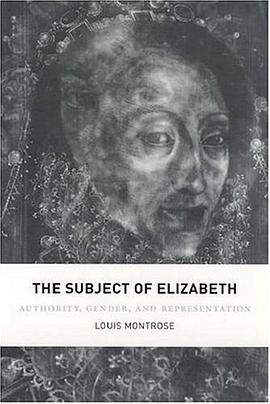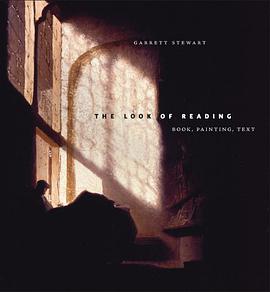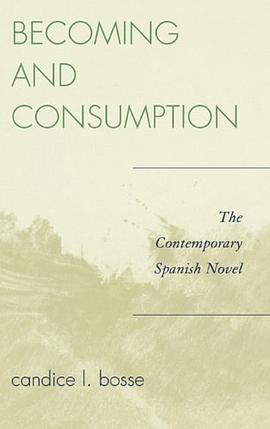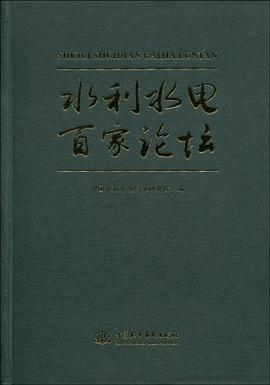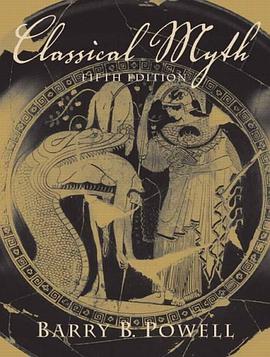

具体描述
Nazi Germany's book burnings, its campaign against "degenerate art," and its persecution of experimental artists pushed the avant garde to the brink of extinction. How the avant-garde came back, finding a new purpose in the wake of the war, is the subject of "Visions of Violence." An extreme faction of aesthetic modernity intent on bulldozing contemporary life, the avant-garde has regularly employed visions of violence in their push for societal and cultural renewal. But in the shadow of unparalleled war and genocide, such aesthetic violence lost its force. This book explores the reconfiguration of the avant-garde in response to the violent transformation of European reality. Citing the emergence of independent avant-garde practitioners in the place of the previous collective, Richard Langston considers six individual exemplars of Germany's post-fascist avant-garde--works that span the last six decades: painter, writer, and filmmaker Peter Weiss's appropriation of French surrealism in the fifties; writer Dieter Wellershoff's coterie of "new realists"; artist Wolf Vostell's mediation and conflation of the experiences of the Auschwitz trials and the Vietnam War; poet and novelist Dieter Brinkmann's collages from the seventies; the multimedia displacements of Alexander Kluge; and the performative engagements of dramatists Christoph Schlingensief and Rene Pollesch.Taking stock of the evolution of Germany's post-fascist avant-gardes, Langston's book shows how the movement from Weiss to Pollesch exhibits the problems that both modernity and postmodernity pose for an aesthetic engagement of Germany's violent past.""
作者简介
目录信息
读后感
评分
评分
评分
评分
用户评价
相关图书
本站所有内容均为互联网搜索引擎提供的公开搜索信息,本站不存储任何数据与内容,任何内容与数据均与本站无关,如有需要请联系相关搜索引擎包括但不限于百度,google,bing,sogou 等
© 2026 book.wenda123.org All Rights Reserved. 图书目录大全 版权所有


